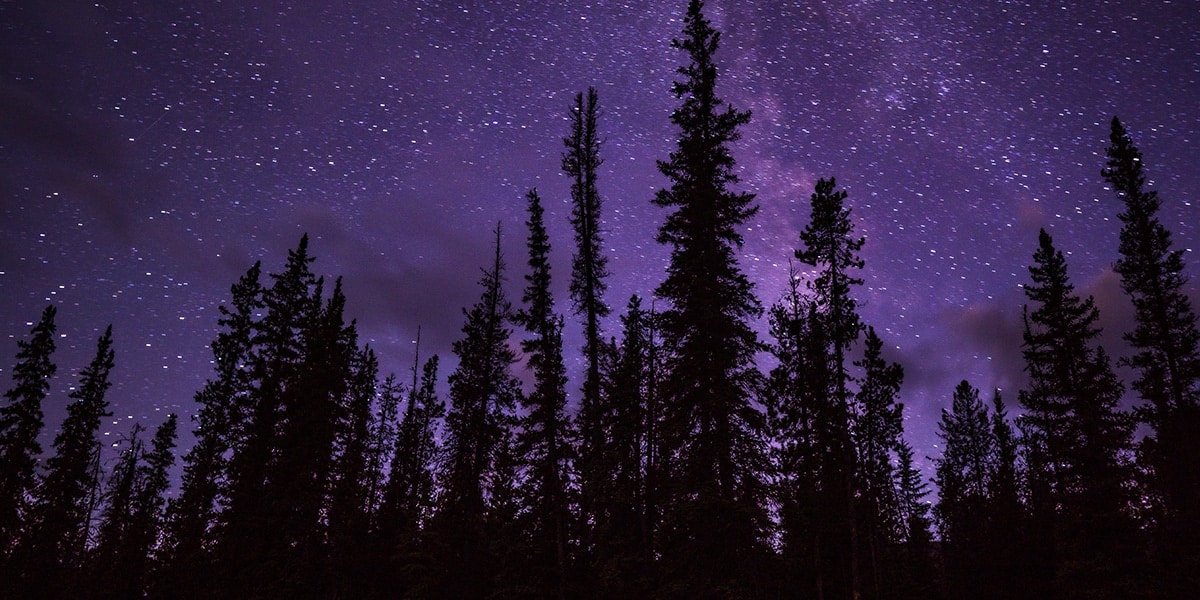“When I see your heavens, the work of your fingers, the moon and stars that you set in place—
What are humans that you are mindful of them.” (Psalm 8:4-5)
The winter skies are the best for stargazing. Be sure to glance up as you go to Midnight Mass on Christmas Eve—or on any clear night at this time of the year. The cold, crisp air makes the stars glitter more than usual.
Some of the best-known constellations and stars can be seen now. Orion the Hunter strides the sky. His shoulder stars are Betelgeuse (Beetlejuice) and Bellatrix. The southernmost of the three stars in his belt is the double star Alnitak. The blue-white star Rigel, believed to be 800 light-years from Earth, marks Orion’s left foot.
Orion’s sword contains several multiple stars, and the gorgeous Orion Nebula lies around the sword’s middle star.
Other Visible Stars
If you mentally draw a line through the stars of Orion’s belt, you will come to the brilliant star Sirius, the eye of one of Orion’s hunting dogs, Canis Major. If you take Orion’s belt line upwards, you come to the red star Aldebaran, the fiery eye of Taurus the Bull. The Pleiades (the Seven Sisters) are the misty group of stars in the bull’s neck, and the Hyades form the V of the bull’s face.
In winter, the Milky Way, our home galaxy, gleams as a silvery slash in the sky directly overhead. And still visible early in the evening is the Galaxy Andromeda, 2.4 million light-years away from Earth. Andromeda hints at the thousands of suns and moons we cannot see but are fairly sure exist.
Mere Mortals
Hubble telescopes, Doppler radars, space probes and other scientific advances have given us more knowledge of the stars than ancient people had, but probably less appreciation of them. Knowing about double stars and light-years does not automatically make astronomers believers in the Drummer of the Big Bang, but for those at all attuned to faith, it’s added proof.
The stars make believers keenly aware of our place in God’s universe and plan. David’s insight is into the contrast between the God of the heavens and himself, a fragile and mortal being. Yet this “awesome” God was with him in his battles building up the Kingdom of Israel and with him as a son and husband and father, in his “ordinary” life. The same God who put these glittering orbs into the heavens and keeps them spinning according to his plan is “mindful” of David and “cares” for him—and about us. Unbelievable but true!
The contrast between galaxies and “little ole me” could not be greater. But faith tells us that God’s care is the same. God loves and cares deeply for me and my family, and wants only the best for us—despite the suffering, pain and death that are our fate. In the end, God wants us with him for eternity, thus making us mortals immortal.
Bridging the Chasm
God chose to bridge the vast gulf between himself and us by sending us his only-begotten Son. And since Jesus’ birth, nothing has been the same. God is truly one of us. The Divine Majesty has given humans new dignity and worth.
Christmas makes us all “star stuff” in a new and glorious way. Kids nowadays say awesome so often it risks making the word meaningless. But if we occasionally look up and remember the Maker of everything, we must give thanks for our truly “awesome” God.
Understanding Psalm 8
Psalm 8, the first hymn of praise in the Book of Psalms, is addressed throughout to God as Creator. God’s majesty is manifested in all of creation (the Hebrew text of verses 2b-3 is very difficult). Humans respond as “mere mortals” with awe and humility (verses 4-5), but God has raised them up very high and given them a share in God’s own rule (see “image of God” in Genesis 1:26-28).
While the psalm sets out humanity’s exalted position, humility is always an essential virtue. The psalm, from beginning to end (verses 2a, 10), is about God and what God has done.









1 thought on “Psalm 8: Starry Skies and the Incarnation”
When I was much younger, and living at home on a farm, it was the joy of my brothers and me to spend a summer night from time to time under the stars in our front yard. There were no street lights, so we could thrill to the counting of meteorites whizzing through the sky. We were silent and we might say, reverent, at the sight. The writer Julien Green once commented in his journals that if he were to found a religious order, he would install a platform (deck) outside, and the religious would be invited to watch the stars. Great idea! And I don’t forget the excitement I have and have had to watch the aurora borealis.